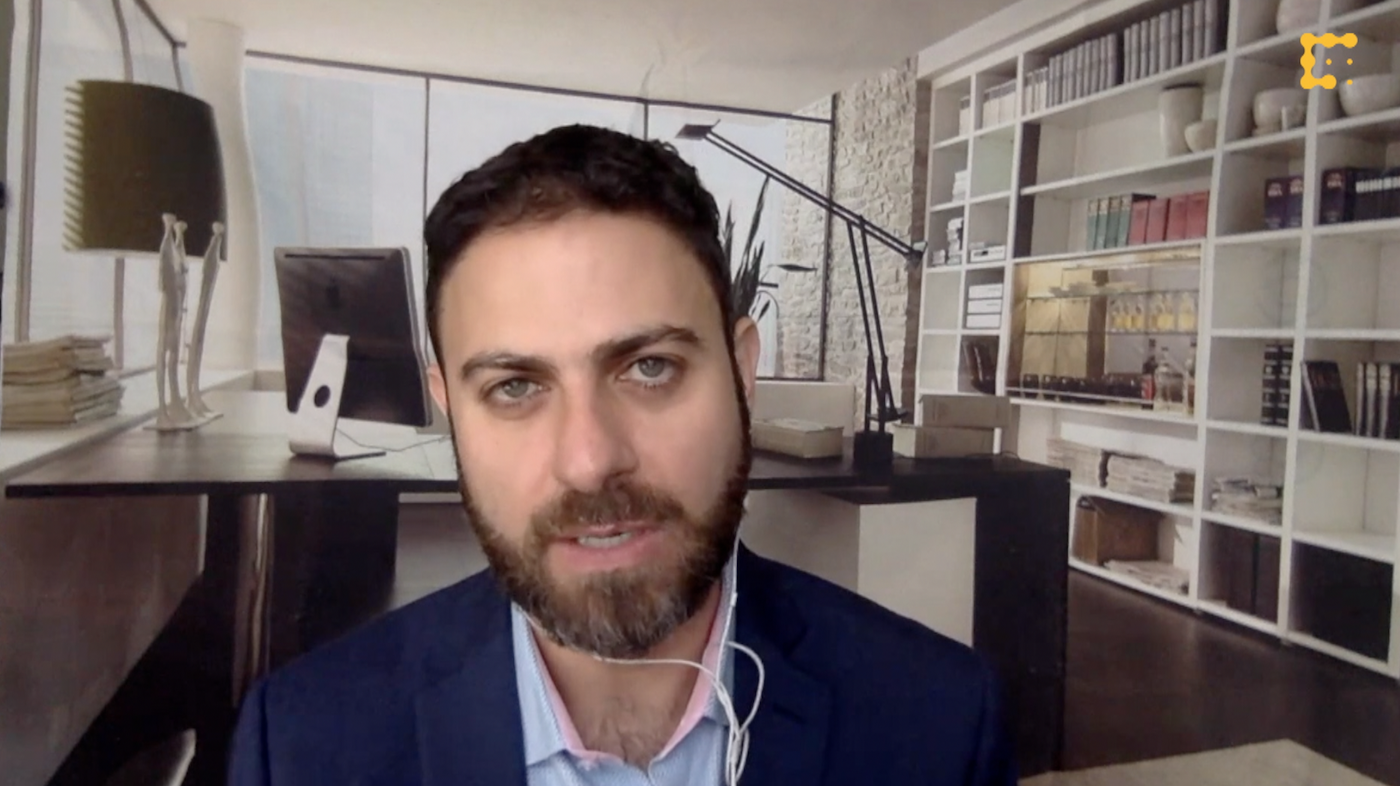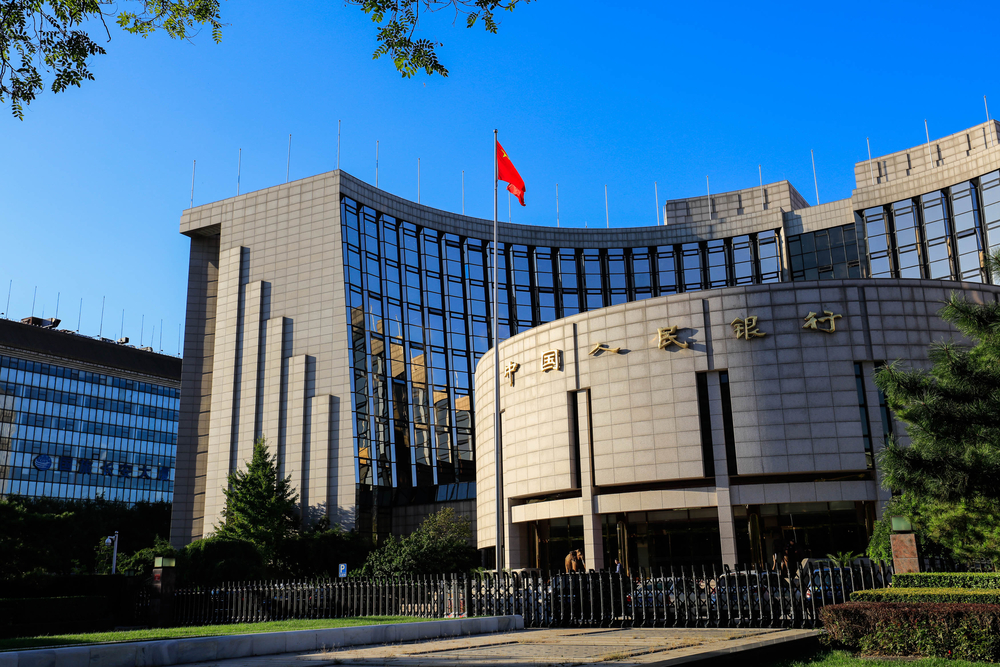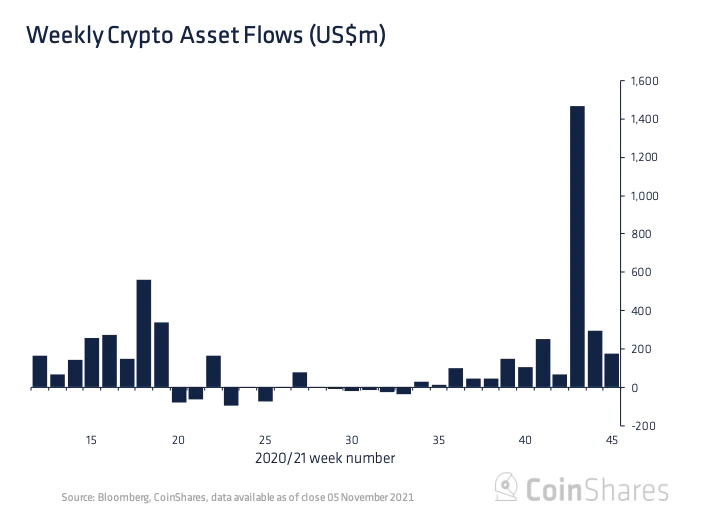Ethereum’s Vitalik Buterin Argues for Blockchain ‘Privacy Pools’ to Weed Out Criminals
Can blockchain protocols distinguish honest folk from criminals?
Vitalik Buterin, co-founder of the Ethereum network, and four co-authors outlined a way of doing just that in a research paper released Wednesday, detailing a new technological feature called “privacy pools.”
This “smart contract-based privacy-enhancing protocol” is designed to separate transactions that involve criminal activity from those that come from honest users.
The paper, “Blockchain Privacy and Regulatory Compliance: Towards a Practical Equilibrium,” comes as concerns around privacy in blockchain have crescendoed, with governments cracking down on criminal groups who make use of privacy mixers to hide and launder funds.
One of the best-known privacy protocols is Tornado Cash, a crypto “mixer” that has been sanctioned by the U.S. Treasury due to its alleged use by the North Korean hacking group Lazarus as a tool for money laundering.
Buterin acknowledged that Tornado Cash was a good solution to privacy issues, but that it had limited options to dissociate from criminal activity on the network.
Privacy pools that make use of zero-knowledge technology could theoretically solve part of this issue since they would give users privacy around transaction data while also distinguishing it from any criminal activity. By pooling honest transactions together, users could prove that their transactions come from one of the honest deposits.
“All users with ‘good’ assets have strong incentives and the ability to prove their membership in a ‘good’-only association set,” the paper says. “Bad actors, on the other hand, will not be able to provide that proof.”
As more regulators crack down on criminal activity on the blockchain, Buterin aims to show that these technological innovations can comply with regulations.
“In many cases, privacy and regulatory compliance are perceived as incompatible,” the authors wrote. “This paper suggests that this does not necessarily have to be the case, if the privacy-enhancing protocol enables its users to prove certain properties regarding the origin of their funds.”
Edited by Bradley Keoun.









